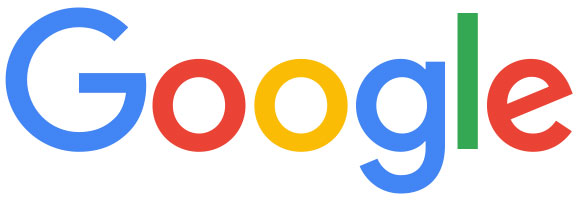Getty Images on Wednesday filed a competition law complaint against Google with the European Commission.
The company last year filed an “interested third party” submission in support of the EC’s investigation into Google’s anticompetitive business practices.
Getty’s complaint, in essence, is that Google Images creates galleries of high-res copyrighted content, and that providing easy access to them dissuades consumers from going to the source to view or license those images. That damages Getty’s image licensing business.
“Google’s behavior is adversely affecting the lives and livelihoods of visual artists around the world, impacting their ability to fund the creation of future works,” said Getty General Counsel Yoko Miyashita.
Getty also complained about Google giving preference to its own image search over its rivals’ search tools.
Encourages Piracy
Online search is “an essential tool for the discovery of images,” and Google Images dominates the market, Miyashita told TechNewsWorld. The Google Images format “promotes right-click piracy by making high-res imagery easily available” without the need to get a license or permission from the source.
“By cutting off user traffic to competing websites like Getty Images and reserving that traffic exclusively for its own benefit, Google creates captive, image-rich environments, and is able to maintain and reinforce its dominance in both image search and its general search services,” Miyashita argued.
Fair Use or Not?
“Google’s rationale for image search, in general, is that displaying the image is necessary for the user to assess how well the image corresponds to their search,” noted Matthew Sag, a professor at the Loyola University Chicago School of Law.
That practice “has been litigated at least twice in the United States in relation to thumbnail images and has easily passed the test of fair use,” he told TechNewsWorld.
Getty’s complaint “is directed more specifically to the creation of high-resolution galleries,” and Google could make a similar argument that consumers need to see the image in high-res to properly evaluate it, but “this argument is not nearly so compelling,” Sag said.
What Getty Wants
Getty Images wants to encourage the EC, the U.S. Federal Trade Commission and other government bodies “to implement competition law-based sanctions against Google,” Miyashita said.
The goal is to ensure that Google “ceases its anticompetitive practices and that when displaying images, it does so in a format that simply directs users to the most relevant source website in a way that doesn’t prejudice image owners for Google’s benefit,” he explained. That means one click to source.
Further, Getty Images “would like to see Google taking steps to discourage copyright infringement,” added Miyashita.
However, Google “is under no obligation to design its information services in a way that drives traffic to a particular website, or external websites in general,” Loyola’s Sag pointed out.
Getty’s Chances of Success
The type of claim Getty is making “failed in the United States in Perfect 10 v. Google,” noted Ben Depoorter, Sunderland Chair at UC Hastings College of the Law.
The Ninth Circuit Court of Appeals held that Google’s framing and hyperlinking as part of an image search engine constituted fair use because it was highly transformative.
However, in Getty’s case, “the context is different,” Depoorter told TechNewsWorld, “because of the antitrust angle and the fact that EU countries do not have a similar broad and flexible fair use exception to copyright law.”
Google Images “is part of Google’s continued effort to provide the most attractive search engine in the world,” Depoorter remarked. Image thumbnails on Google “direct you to other websites,” and the higher-res versions “seek to improve the display of the results.”
Google “will claim that they’re in the business of directing traffic to the sites, not replacing them,” he suggested.
While the design of Google Image search “would make a poor antitrust case in the U.S.,” said Sag, “it might go further in the EU, because they take a broader view of abuse of dominance.”





















































